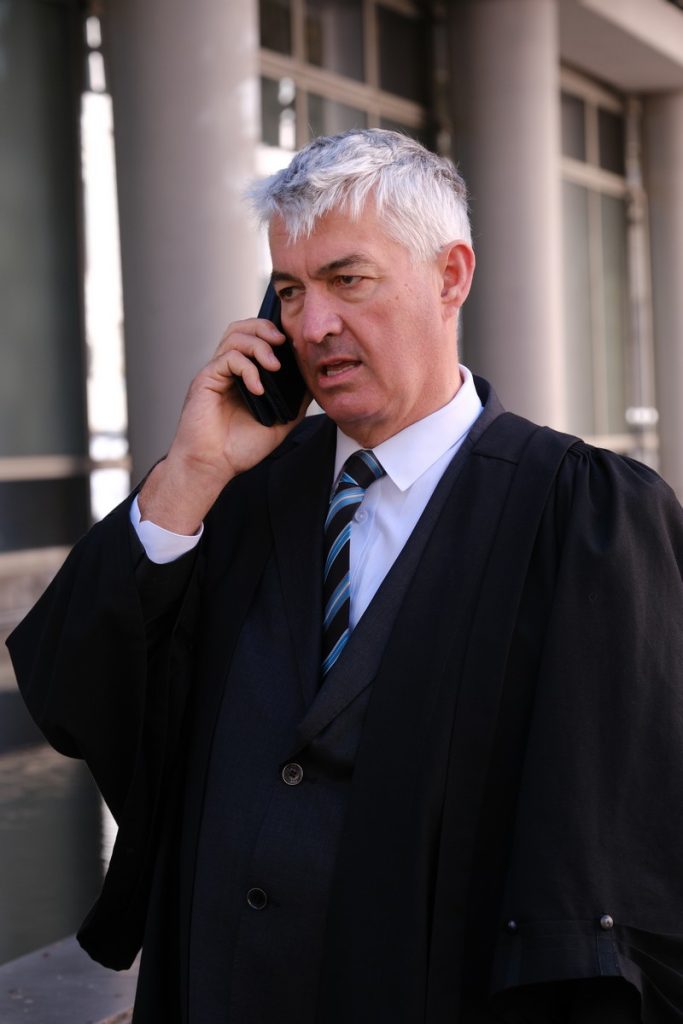Clean Slate Applications
A pioneering and leading exponent of the Clean Slate Law, and the circumstances in which an historical sexual offence conviction may be concealed.
Is an historical sexual offence preventing you getting employment? We may be able to help.
As long as you have never been sentenced to prison, and have never had an indefinite licence disqualification, then see Roderick's interview below and call him at no cost to discuss your situation.
Since this video was first recorded Roderick has had further conspicuous success with several other applications for the concealment of historical sexual offence convictions.
The Criminal Records (Clean Slate) Act became law in 2004.
Since then, minor offences like shoplifting or drink driving will be concealed from employers after seven years. That means, with a few exceptions (such as looking after children), once seven years have passed you can apply for a job and say you have no convictions.
For more serious offences, the Act doesn’t apply – and it never applies if a prison sentence has been imposed.
However, there is an exception for some lower-level sexual offences. Such offences are not automatically concealed after seven years but can be concealed if a judge orders it.
Roderick Mulgan was the first lawyer, in 2018, to successfully obtain such an order for a significant sexual offence. This was the landmark case of D v Police explained below. Since then, he has obtained a string of similar orders.
If you have a historical offence that is not automatically concealed then get in touch with Roderick.
He is happy to have a no-charge and no-obligations but completely confidential private phone call to discuss your situation.

Examples of Roderick's Work
PS v Police
When I was facing one of the darkest and most challenging seasons of my life, Roderick stepped in as more than just a lawyer. He became a true hero. His compassion, integrity, and dedication are rare qualities in today’s world.
Throughout the process, he was not only my legal counsel but also a mentor. He took the time to guide me, share life lessons, and even checked in on me after the case to ensure I was on the right path forward. At a time when I felt lost and hopeless, he stood firmly by my side, helping me secure permanent name suppression and allowing me to continue practising.
Because of his support, I found hope again. Roderick is not just an exceptional lawyer and professional, but also a true role model. I will forever be grateful for his unwavering kindness, wisdom, and commitment.
D v Police
In the pioneering case of D v Police and on appeal to the High Court, Roderick Mulgan was able to successfully argue that his client’s serious criminal convictions be disregarded under the provisions of the Clean Slate Act. Roderick was the first lawyer in New Zealand to obtain such an order for a serious criminal conviction.
D sought to have decades‐old sexual convictions disregarded (or concealed) under the Clean Slate Act, without which concealment, barriers to employment would likely prevail. The Court needed to balance the applicant’s significant interest in rehabilitation and privacy against the public’s need to be protected from potential harm. Although the applicant’s historical offending was serious, expert assessments confirmed a low likelihood of reoffending, and the context of prospective work in aged care posed minimal risk to children or vulnerable persons. Because the applicant had lived conviction‐free for decades, had demonstrated remorse, and faced ongoing disadvantage unless the convictions were concealed, the court accepted Roderick’s submissions that any residual public‐safety concerns were outweighed by the applicant’s interests.
A v The Attorney General
In A v the Attorney General [2024] NZDC 000004, a registered forensic psychologist’s report commissioned and facilitated by Roderick Mulgan was pivotal in determining the application under s 10(4) of the Criminal Records (Clean Slate) Act 2004.
The report concluding that the applicant posed a low risk of reoffending and had rehabilitated effectively. His conviction related to indecently assaulting a female aged under 12 when he was 14. Because public safety is the key counterbalance to the applicant’s interest in concealing convictions, the Court relied heavily on Roderick’s skilful presentation of the report’s expert analysis, noting the applicant’s maturity and lack of subsequent offending. In weighing these findings, the Court held that the public interest would not be compromised and therefore granted the order to disregard the applicant’s convictions.
T v The Attorney General
In T v The Attorney General [2020] NZDC 16026, despite T having four specified convictions, the Court granted the Clean Slate application on the strength of compelling evidence and skilled advocacy by Dr Mulgan.
Central to the Court’s decision was the balancing test under s 10(5) of the Criminal Records (Clean Slate) Act 2004, which weighs individual rehabilitation against public safety. Roderick established T’s genuine reform, presenting evidence of years without further offending and proof that disclosing the convictions created ongoing and disproportionate harm to T’s prospects. Consequently, the Court held that multiple specified offences do not automatically bar relief when counsel successfully demonstrates a low risk to the community and significant rehabilitative progress.
